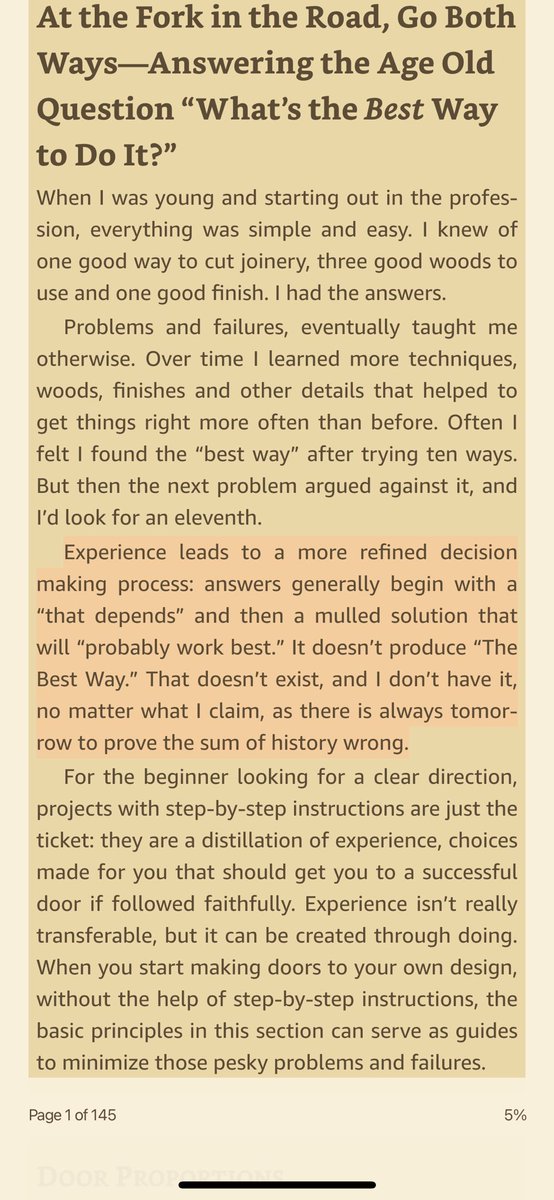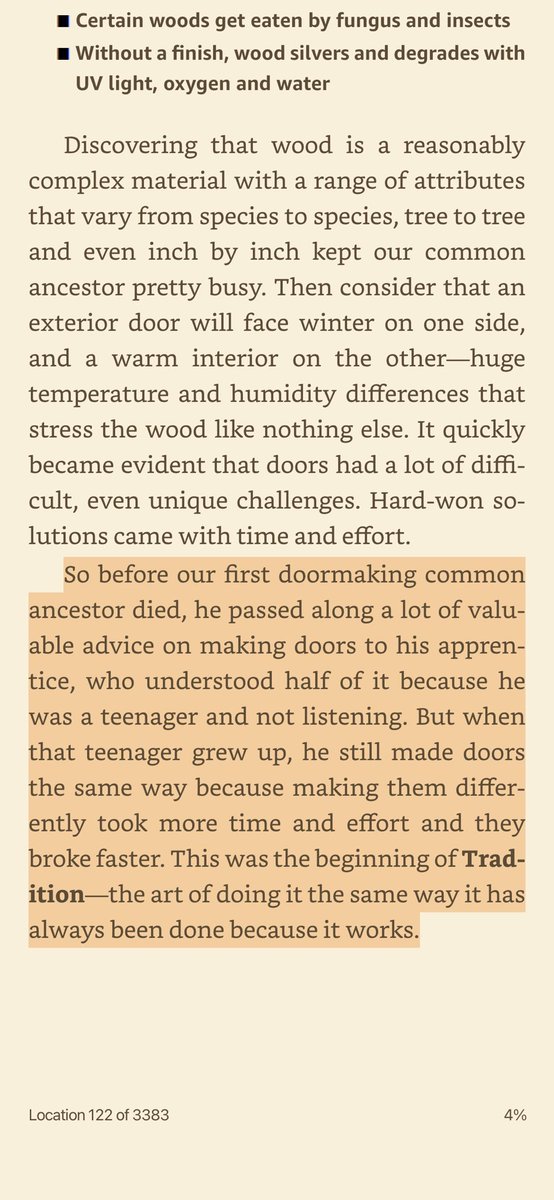
Why bootstrapping is riskier than you think:
When I quit my 9-5 job, my plan was to bootstrap my own SaaS business. I wanted to identify my ideal business opportunity, and try to make a living out of it. And if that didn't work, I was going to look for the 2nd best opportunity, and give that a shot. And so on.
The idea was to do things in series until something worked. This sounded very reasonable at the time, but that feeling didn't last long.
The problem was uncertainty. How much time should I give until I declare something a failure and move on to the next? And what exactly is failure? What if something was succeeding slowly? And what if a more interesting opportunity emerged while I was still trying something else?
While I had a decent runway to experiment, it wasn't infinite. And time was ticking. Then, about 6 months in, I had an epiphany. I realized that in this early phase, I shouldn't be trying to find the ideal opportunity.
Instead, I should first try to make my self-employment arrangement sustainable. I needed to stack the odds in my favor and do my best so that this lifestyle doesn't get taken away from me. The rest became secondary.
This idea changed my perspective. What I started caring about wasn't succeeding, but not failing. I simply didn't want to go back to a 9-5 job.
More specifically, my new strategy was to find a few small wins: opportunities with a quick payoff that required very little upfront cost, effort, or lead time — even if that meant that they weren't the most enjoyable and had very limited upside.
Then I'd try as many of these small bets as I could, and run them almost in parallel. I would keep what works, and throw away the rest.
So that's what I did. I was already working on a SaaS business at the time (Userbase), and I decided to aggressively cut scope and launch it immediately.
I also decided to try self-publishing a technical ebook (The Good Parts of AWS), and I intentionally chose a topic that could almost write itself. I time-boxed the effort, start-to-finish, to just 4 weeks.
I even started doing some freelancing (about 20 hours a month), mostly to randomize things a bit and potentially expose myself to new opportunities. But this income stream was very much welcome too.
In the meantime, I was also building an audience, which I was seeing as a source of incredible inspiration and opportunity.
Then I got a bit lucky. I found some freelancing work quickly, and it immediately gave me a decent income baseline. And at the same time, I released my AWS ebook and it sold $40K in the first 2 weeks. And it kept selling.
After months of seeing negative numbers accumulate in my bank account, I suddenly started seeing some surplus.
And this is what I've been doing ever since for the last 2.5 years. Keeping a surplus in my bank account via a portfolio of small safe-to-fail experiments. Doing things that don't scale.
My profit for the last 24 months averaged $23,098/mo. Who cares about scale?
My profit for the last 24 months averaged $23,098/mo. Who cares about scale?
So, how can YOU build your own portfolio of small bets?
First, remember that to thrive, you must first survive. The order matters. Start with the low hanging fruit and make your self-employment arrangement sustainable.
First, remember that to thrive, you must first survive. The order matters. Start with the low hanging fruit and make your self-employment arrangement sustainable.
What satisfies that requirement depends a lot on your circumstances. Explore your strengths and opportunities, and try to imagine some quick wins you can pursue. Once survival stops being a pressing concern, go for some more ambitious opportunities.
Mix different income streams to tame uncertainty, and when some bets start paying off, eliminate those that are least enjoyable. As soon as you can afford it, optimize for enjoyment. Otherwise, none of this will last!
• • •
Missing some Tweet in this thread? You can try to
force a refresh








